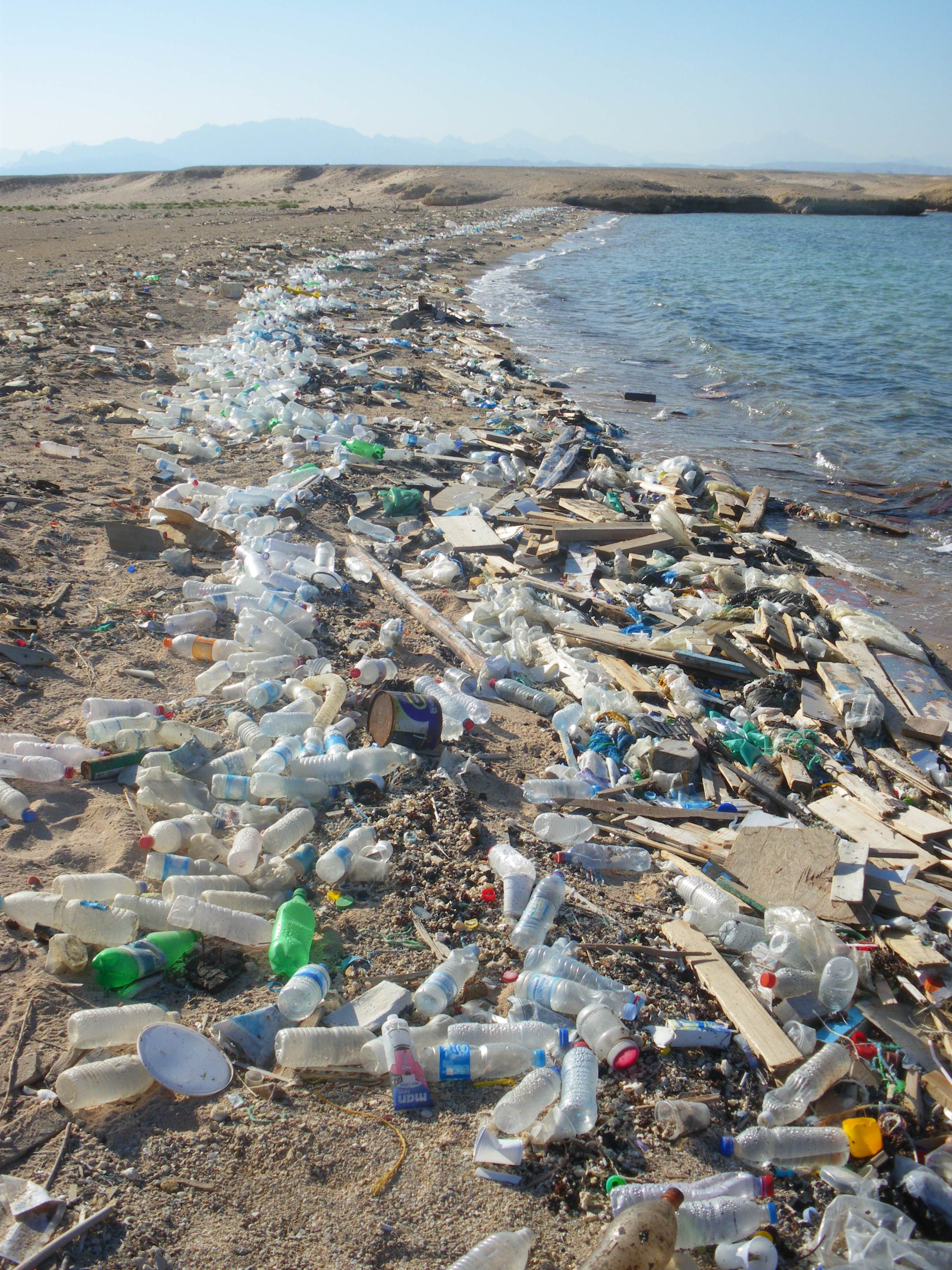Sustainability is a critical focus for businesses across various industries. Plastic manufacturers, in particular, are under increasing pressure to reduce their environmental footprint and contribute to a circular economy. One effective way to achieve these goals is by selling plastic scrap and incorporating recycled materials into their production processes.

Why Sell Plastic Scrap?
Plastic manufacturers often generate a significant amount of scrap materials during their production processes. Instead of disposing of this scrap, selling it can bring numerous benefits. Firstly, selling plastic scrap generates additional revenue streams for manufacturers. What was once considered waste can now be turned into profit, contributing to the company’s bottom line.
Secondly, selling plastic scrap promotes sustainability by diverting materials from landfills. By choosing to recycle and reuse these materials, manufacturers actively contribute to reducing their carbon footprint and conserving natural resources. This environmental stewardship not only benefits the planet but also enhances a company’s reputation as a responsible and eco-friendly business.
Domino Plastics Company Inc. has been a trusted name in the industry since 1984. As a leading scrap buyer with nationwide warehouses, Domino Plastics specializes in purchasing plastic scrap from manufacturers and providing hassle-free solutions for scrap management. Their commitment to sustainability aligns perfectly with the objectives of plastic manufacturers aiming to reduce waste and embrace recycled materials.
Domino Plastics offers a comprehensive range of services to assist manufacturers in selling their plastic scrap. When you contact Domino Plastics, you can expect a fast quote based on the type and quantity of scrap materials you wish to sell. The company’s experienced team ensures fair and competitive pricing, enabling manufacturers to maximize their returns.
Domino Plastics takes care of all logistics involved in scrap collection. They arrange convenient pickup options, allowing manufacturers to focus on their core operations. With nationwide warehouses, Domino Plastics offers extensive coverage, ensuring a seamless process for manufacturers from all corners of the country.
In addition to purchasing plastic scrap, Domino Plastics also offers manufacturers the opportunity to access a wide range of in-stock recycled plastics. These materials can be used as an alternative to virgin plastics in manufacturing processes. By incorporating recycled materials, manufacturers can showcase their commitment to sustainability while reducing their reliance on limited natural resources.
As the demand for sustainability continues to rise, plastic manufacturers must proactively seek ways to reduce waste and embrace recycled materials. Selling plastic scrap not only generates additional revenue but also contributes to a circular economy and reduces the environmental impact of production processes. Domino Plastics Company Inc. offers a trusted and efficient solution for manufacturers looking to sell their plastic scrap and access recycled materials. Contact Domino Plastics today at t (631) 751-1995, call/text (516) 972-5632, or email joe@domplas.com for a fast quote and to arrange pickup and payment for your scrap materials. Visit their website, www.domplas.com, to learn more about the company and explore their in-stock plastics for sale. Together, we can drive sustainability and create a greener future for the plastics industry.

















 A single 1-litre bottle of water could contain 240,000 microscopic plastic particles. The
A single 1-litre bottle of water could contain 240,000 microscopic plastic particles. The  Plastics are now infecting the Earth’s geology—so much that experts are now calling to formally recognize a new kind of sedimentary
Plastics are now infecting the Earth’s geology—so much that experts are now calling to formally recognize a new kind of sedimentary  Not even the Arctic Ocean is immune to the incessant growth of microplastic pollution. In a new study that analyzed sediment core samples, researchers quantified how many of the particles have been deposited since the early 1930s. As scientists have shown elsewhere, the team found that microplastic contamination in the Arctic has been growing exponentially and in lockstep with the growth of plastic production—which is now up to a trillion pounds a year, with the global amount of plastic waste projected to triple by 2060.
Not even the Arctic Ocean is immune to the incessant growth of microplastic pollution. In a new study that analyzed sediment core samples, researchers quantified how many of the particles have been deposited since the early 1930s. As scientists have shown elsewhere, the team found that microplastic contamination in the Arctic has been growing exponentially and in lockstep with the growth of plastic production—which is now up to a trillion pounds a year, with the global amount of plastic waste projected to triple by 2060.





You must be logged in to post a comment.